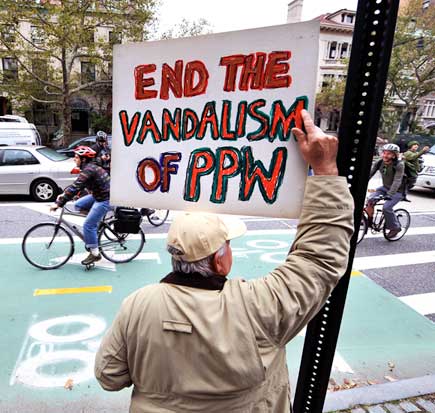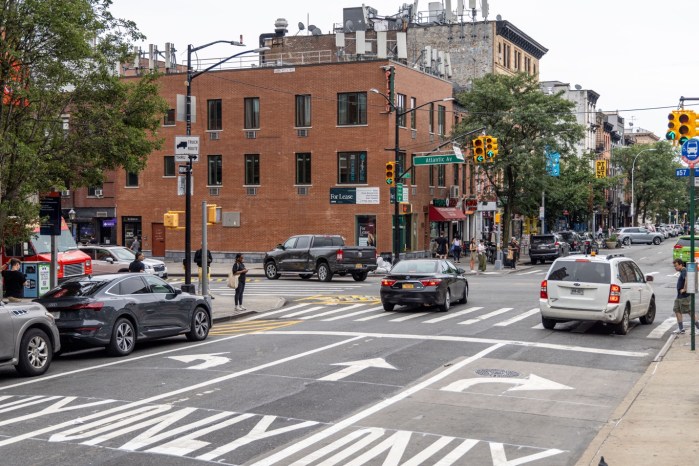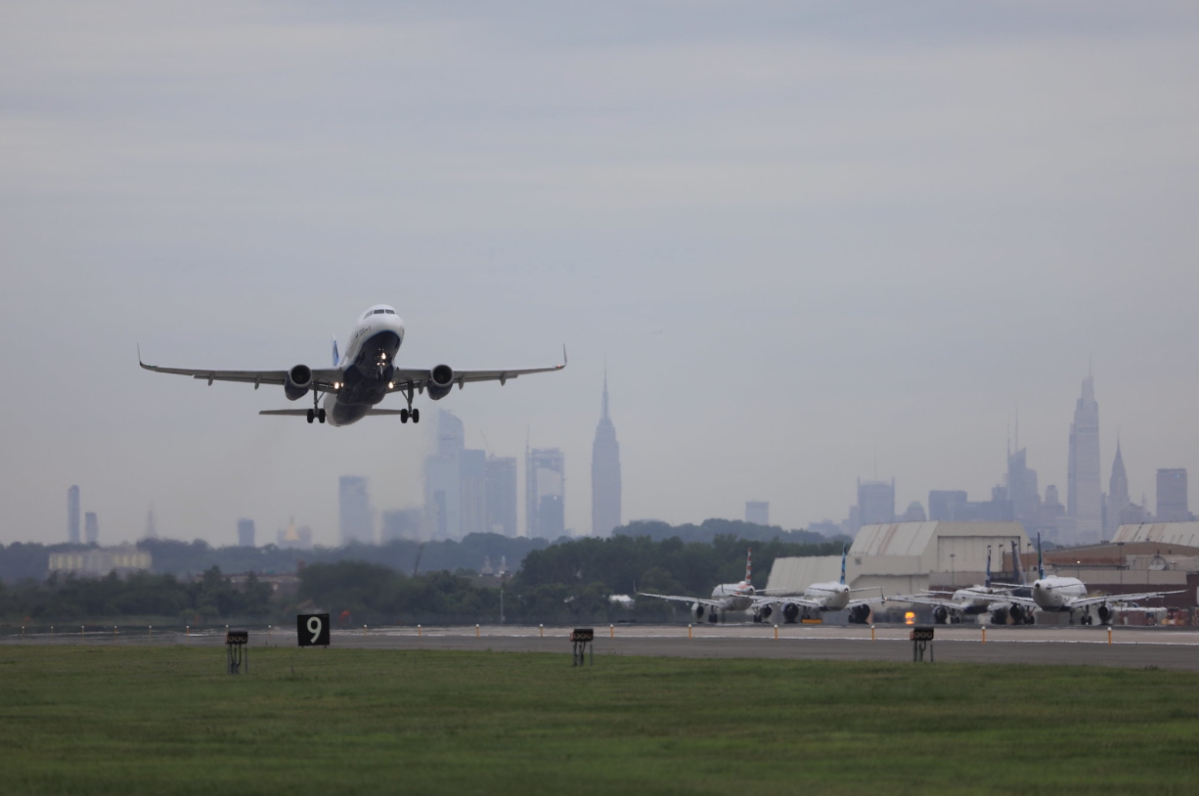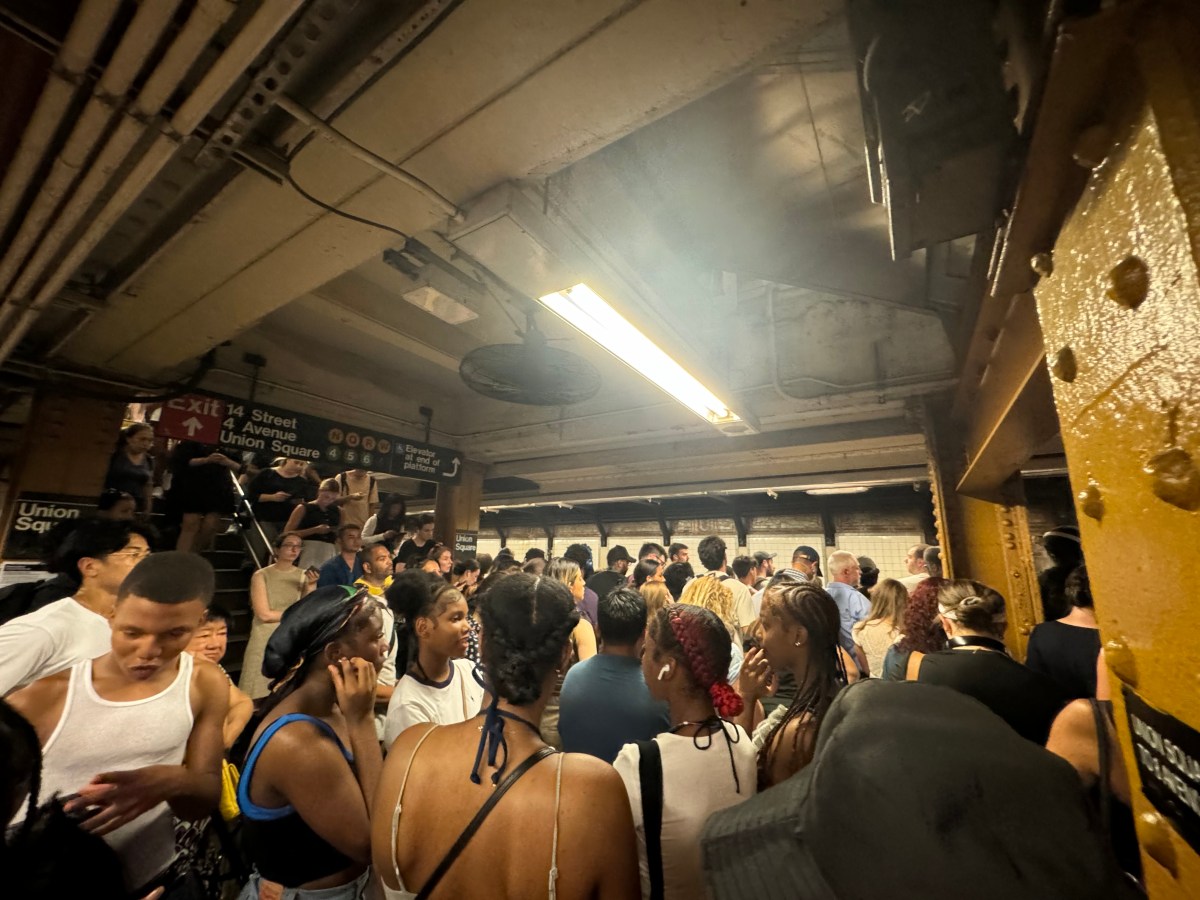Two former top city officials — including an ex-Transportation Commissioner who emphasized car travel over bikes during her tenure — have emerged as the principal leaders of the opposition to the city’s controversial Prospect Park West bike lane.
One day after the Department of Transportation announced last week that the lane has improved safety for drivers and cyclists, two members of the city’s old guard — former Sanitation Commissioner Norman Steisel and former Transportation boss Iris Weinshall — struck back, claiming that the agency fudged numbers to make the lane appear more successful than it is.
“We’re skeptical,” said Steisel, whose group is called Neighbors for Better Bike Lanes. “They’ve been opportunistic about the way they’ve used their numbers.”
Steisel said that current Transportation Commissioner Janette Sadik-Khan is so driven by her passion for bicycles that she may be “pushing facts so hard that they don’t paint a proper picture of the truth.”
Steisel’s statement echoed private comments made by Weinshall at last Thursday’s presentation at the Old First Reformed Church in Park Slope, where the agency took something of a victory lap over its Prospect Park West “traffic calming” project, which cut the roadway down from three lanes to two to accommodate a two-way bike lane protected by a lane of parked cars.
Weinshall’s seven-year leadership of the Department of Transportation from 2000 to 2007 was characterized by efforts to improve car traffic flow rather than encourage bicycling, which has been one of Sadik-Khan’s signature initiatives.
Weinshall didn’t return calls to The Brooklyn Paper by press time, but another member of the borough’s old guard, Borough President Markowitz, has been outspoken on the topic, calling Sadik-Khan an “anti-car zealot,” who does not care about the needs of Brooklyn drivers.
Markowitz, a former resident of Prospect Park West, has also complained that the bike lane has cheapened “the look” of the elegant thoroughfare.
Markowitz added this week that he questions the city stats because “the Department of Transportation has to justify the Prospect Park West bike lane.”
“I question the validity of any data coming from the very agency that installed the lane,” he said.
And that agency is certainly pleased with the results of its work on Prospect Park West. According to the city report, fewer drivers are now treating Prospect Park West like a speedway. Before the lane was built, 75 percent of cars would exceed the speed limit; now only 20 percent do.
Researchers also found that fewer bicyclists are using the sidewalk — which is dangerous to both riders and pedestrians — and that fewer cyclists are getting into accidents, even as the number of cyclists soars because of the convenience of the bike lane.
Most Park Slopers applauded the study findings when they were presented to lane-friendly Community Board 6 last Thursday, where transportation officials were received more like heroes than a bunch of bureaucrats.
When the department finished its presentation, there was even applause from the crowd of about 100 — a reaction that’s about as rare as a clean-shaven hipster.
“That bike lane saves my ass every single day,” said Marina Bekkerman, who said she needs it to get to work. “I’m glad the data supports it.”
Speaker after speaker at the meeting heralded the agency for helming “a project that is obviously working” — and for sticking it out even as the borough president and others demanded its dismantling.
Councilman Brad Lander (D–Park Slope) was impressed by the numbers. He said the study “is encouraging” and the fact that fewer sidewalk cyclists exist “is very significant.” It matches the data taken from surveys his office has conducted, he said.
Neighbors for Better Bike Lanes claims that its videos of the bike lane show that it is used far fewer cyclists.
“You’ll have to excuse me, but what they said was bull—t,” said Lois Carswell, a spokeswoman for the group. “I disagree with their logic.”
She added that seniors feel less safe crossing the roadway now.
Ryan Russo, a director with the Department of Transportation, countered that American Traffic Information — the “independent” firm that conducted the study — is credible, and that the firm logged more bike riders because they were set up at several points along the route to avoid undercounting riders who only used a small portion of the lane.























